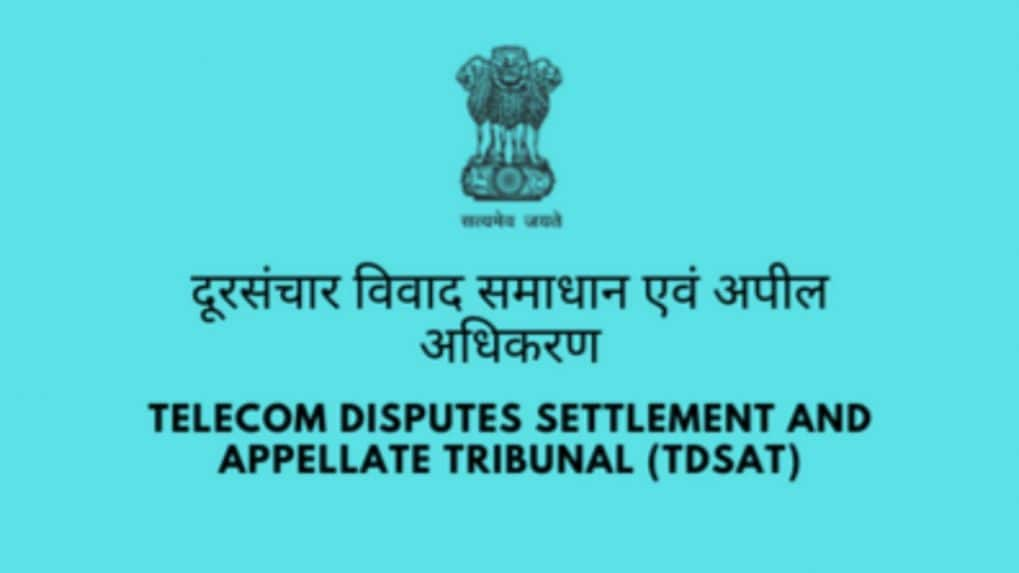TDSAT orders two Delhi LCOs to pay Hathway over ₹11 lakh, return 1,279 STBs
TDSAT reiterated that rival MSOs cannot be held liable for the dues or equipment-related claims arising from the contractual relationship between an LCO and its previous MSO, given the absence of "privity of contract".
ADVERTISEMENT
In back-to-back rulings that underscore recurring disputes in India’s cable distribution ecosystem, the Telecom Disputes Settlement & Appellate Tribunal (TDSAT) has directed two Delhi-based local cable operators (LCOs) — Om Sai Cable and J R Cable Network — to pay Hathway Cable & Datacom more than ₹11 lakh in unpaid subscription fees and return nearly 1,300 set-top boxes (STBs), or compensate the company for their depreciated value.
Both orders were delivered on November 19, 2025, by TDSAT Member Justice Ram Krishna Gautam, in separate petitions filed by Hathway Cable & Datacom Ltd and its subsidiary Hathway Digital Ltd.
Chronic defaults and abrupt migration to rival MSOs
In both matters, Hathway alleged that the LCOs had repeatedly defaulted on subscription payments, ignored multiple reminders, and eventually migrated to competing multi-system operators (MSOs) — CCN Den Network in one case and Siti Networks in the other — without settling dues or returning STBs issued under their interconnect agreements.
Hathway claimed Om Sai Cable owed subscription dues of ₹5,61,028 and retained 637 STBs, while J R Cable Network owed ₹5,48,391 and retained 642 STBs. In each case, the LCO had signed an Interconnect Term Sheet permitting retransmission of Hathway signals in specified Delhi localities and had received STBs and viewing cards for distribution to end subscribers.
The tribunal noted that both LCOs stopped appearing before the court, leading to ex-parte proceedings against them. The evidence filed by Hathway through affidavits, interconnect agreements, invoices, statements of accounts and statutory notices remained unchallenged.
Tribunal highlights violations of TRAI norms
The judgments observed that both operators had migrated to rival MSOs in June 2017 — Om Sai Cable on June 15 and J R Cable Network on June 21 — without following mandatory disconnection and migration procedures under TRAI’s Interconnect Regulations. The tribunal said their conduct resulted in financial loss to Hathway, which had deployed equipment, extended credit and continued services in good faith.
In both cases, Hathway also alleged that the rival MSOs had swapped its set-top boxes after taking over the networks. However, the tribunal rejected these allegations, saying no evidence was led to establish that the competing MSOs — CCN Den Network and Siti Networks — were involved in any swapping or irregularity.
TDSAT reiterated that rival MSOs cannot be held liable for the dues or equipment-related claims arising from the contractual relationship between an LCO and its previous MSO, given the absence of "privity of contract". As a result, all claims against Respondent No. 2 in both petitions were dismissed.
While Hathway sought compensation calculated at the original price of ₹1,250 per STB, the tribunal said the Model Interconnect Agreement provides for depreciation of 15 per cent per annum. Applying this calculation, TDSAT fixed the payable value at ₹1,062.50 per STB.
This results in payable compensation of:
₹6,76,813 for 637 STBs in the Om Sai Cable case
₹6,82,125 for 642 STBs in the J R Cable Network case
These amounts become due only if the operators fail to return the STBs and viewing cards in good working condition within the mandated two-month window.
Both LCOs were ordered to deposit the outstanding subscription dues along with simple interest at 9% per annum, applied pendente lite (during the court proceedings) and until final payment.
The tribunal directed the payments to be made to the court within two months, for onward release to Hathway.
The rulings come at a time when the cable and broadcast distribution sector is grappling with intensifying financial pressures, fragmentation at the LCO level, and heightened churn due to competitive realignments. MSOs have increasingly approached TDSAT to recover dues, retrieve equipment, and curb abrupt LCO migration — issues that have contributed to significant receivables and asset losses.
The two judgments reaffirm TDSAT’s consistent stance on: enforcing contractual obligations between MSOs and LCOs, upholding depreciated STB valuation norms, and rejecting attempts to hold rival MSOs liable for LCO defaults.
For Hathway, the orders add to a string of favourable rulings in similar disputes, strengthening its legal footing as it continues to streamline legacy networks and recover long-pending dues.


